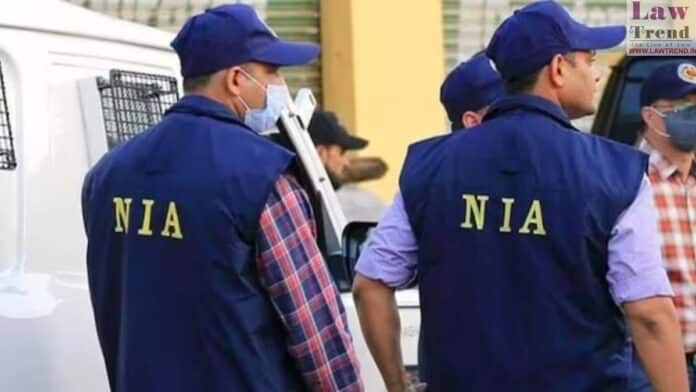The National Investigation Agency (NIA) has taken legal steps to challenge the bail granted to 17 members of the Popular Front of India (PFI) by the Kerala High Court, in connection with the 2022 murder of RSS leader Srinivasan. The case, which has drawn significant attention due to its communal and national security implications, was escalated to the Supreme Court following the lower court’s decision.
Additional Solicitor General Aishwarya Bhatti, representing the NIA, appeared before a bench led by Justices Abhay S Oka and Augustine George Masih. In a session held on Friday, Bhatti emphasized the agency’s concern, stating, “The Kerala High Court, in its order dated June 25, granted bail to 17 accused while rejecting the bail applications of nine others. We have filed 17 separate Special Leave Petitions. This court may take up all the SLPs together.”
The urgency of the NIA’s appeal is underscored by the ongoing trial of the accused for allegedly inciting communal violence across Kerala and other regions. The court was apprised of the complexities of the case by the plea of Saddam Hussain MK, one of the accused whose bail was denied by the Kerala High Court.
The Supreme Court bench directed the court’s registry to consult Chief Justice of India D.Y. Chandrachud to consider consolidating and scheduling all related matters for a comprehensive hearing.
The 17 individuals, who were granted bail under stringent conditions including GPS monitoring and restrictions on travel, are part of a larger group initially charged in the murder that occurred on April 16, 2022, in Palakkad district. The incident quickly escalated into a national issue when the Centre, citing intelligence reports, transferred the investigation to the NIA. This move highlighted the alleged involvement of the PFI in a broader plot aimed at stirring communal unrest and carrying out terrorist activities.
The government, in a declaration made in December 2022, described the murder as a component of a “larger conspiracy hatched by PFI leaders” with significant national and international consequences. This portrayal has added layers of complexity to the case, necessitating thorough investigations to identify more involved parties and to disrupt potential future plots.




